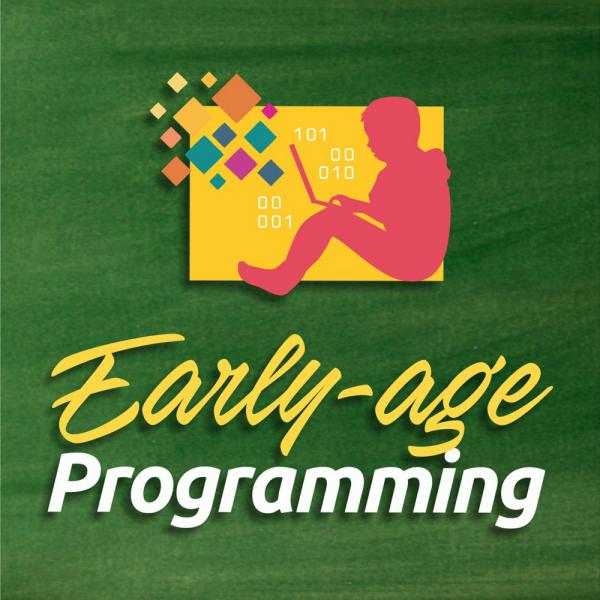
.png)
Project Description
KPITB in collaboration with the Elementary & Secondary Education department of Khyber Pakhtunkhwa launched the Early Age Programming project in 2017. The project has produced remarkable results and the computer literacy and digital skill level of the marginalized students of government schools have improved significantly. The curriculum developed for the Early Age Programming initiative is by far the most advanced in the country, leaving behind the curriculum offered by most of the renowned private schools. It is pertinent to mention that the Early Age Programming initiative falls under the Digital Skills pillar of Khyber Pakhtunkhwa’s Digital Strategy. The initiative is well in line with the Sustainable Development Goals and promises to contribute towards the economic uplifting of the country as well as reducing inequalities and improving the quality of education.
Moreover, The flagship early age programming project has been rolled out in more than 900 schools in settled districts while it has been offered in 11 schools in merged districts also which will be scaled up to 90 schools in merged districts.
Objectives
- Introduction to Computational Thinking: Teach
children to think logically and break down problems into smaller, solvable
steps. Emphasize problem-solving skills and algorithmic thinking.
- Basic Programming Concepts: Introduce fundamental
programming concepts like variables, data types, loops, conditionals, and
functions through interactive and age-appropriate activities.
- Coding Languages: Familiarize young learners with
beginner-friendly programming languages and tools like Scratch, Blockly, or
Python (with simplified syntax). The choice of language should match the
child's age and aptitude.
- Creativity and Projects: Encourage creativity by
allowing children to create their own programs, games, or interactive stories.
This promotes hands-on learning and motivates them to explore coding further.
- Debugging Skills: Teach the importance of debugging
code and problem-solving when errors occur. Debugging helps learners understand
how to identify and fix issues in their programs.
Benefits
- To improve cognitive skills of school going kids.
- To Introduce the school kids with the programming and computer coding.
- To improve digital economy.
DISTRICTS
- Peshawar